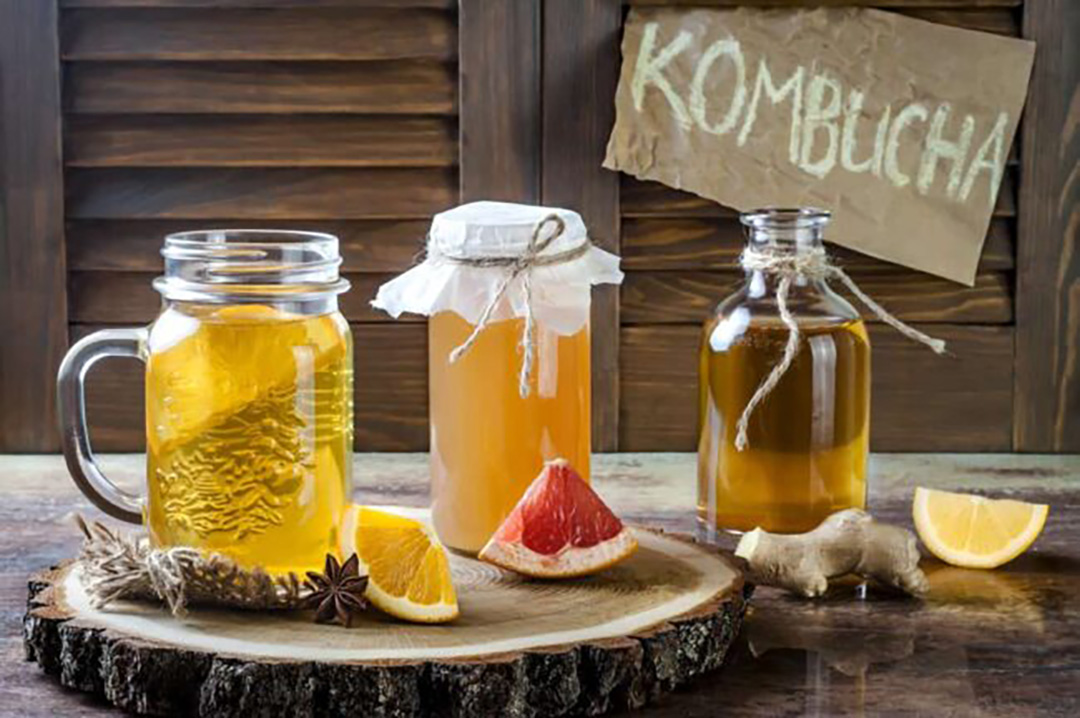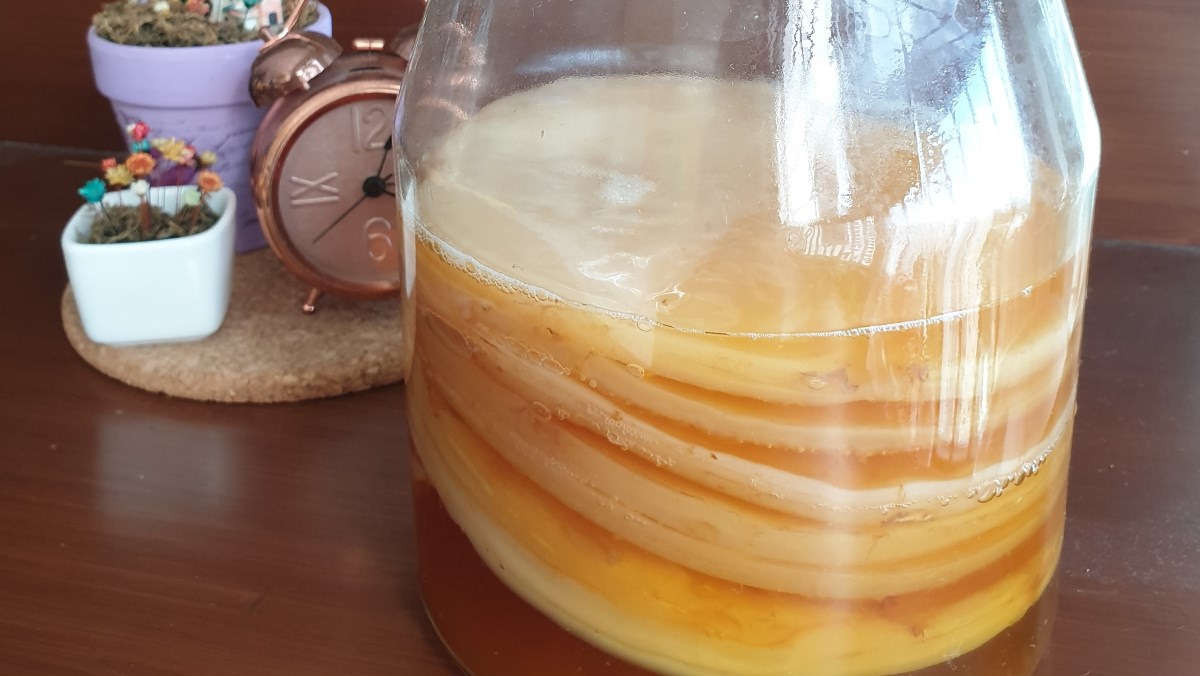The kombucha private label manufacturing process involves several key steps. By partnering with a kombucha manufacturer, businesses can take advantage of their expertise and production capabilities, while still maintaining control over the branding and marketing of the product. In this article, we will explore the various stages of private label kombucha production, from brewing the tea and fermenting the kombucha to flavoring, bottling, and quality control.
What is Kombucha?
Kombucha is a fermented beverage made from tea, sugar, and a symbiotic culture of bacteria and yeast (SCOBY). During the fermentation process, the SCOBY consumes the sugar and transforms the tea into a tangy, slightly effervescent drink that is often consumed for its supposed health benefits.
Kombucha typically has a slightly sour taste with a fizzy and refreshing finish. It can come in a variety of flavors, such as ginger, fruit, or floral blends. While there is limited scientific evidence on its health benefits, kombucha is often claimed to boost the immune system, improve digestion, and provide a source of probiotics and antioxidants.

Why you should do kombucha private label?
Kombucha private label is often used by businesses that want to offer a branded kombucha product, but may not have the resources or expertise to produce it themselves. This allows them to leverage the existing expertise and production capabilities of a kombucha manufacturer, while still maintaining control over the branding and marketing of the product.
There are several reasons why a business might choose to do private label kombucha:
- Lower Startup Costs: Starting a kombucha business requires significant investments in equipment, ingredients, and production facilities. By partnering with a kombucha manufacturer, a company can avoid these upfront costs and benefit from the manufacturer’s existing production capabilities and expertise.
- Faster Time-to-Market: Private label kombucha allows a company to bring a new product to market quickly. Besides, the manufacturer can handle the production and bottling process while the private label company focuses on marketing and distribution.
- Customization: You’ll work with the manufacturer to create a unique recipe and flavor profile that aligns with their branding and target audience.
- Scalability: Private label kombucha allows for greater scalability, as the manufacturer can increase production to meet demand without requiring the private label company to make significant investments in equipment or facilities.
- Branding Control: This can be particularly important for businesses that have established a strong brand identity and want to extend that identity to a new product offering.

Kombucha Private Label Manufacturing Process At Factory
Brewing the Tea
The first step is to brew the tea that will be used as the base for the kombucha. The tea is usually a blend of black or green tea. Which is steeped in hot water and then sweetened with sugar.
Cooling the Tea
Once the tea is brewed, it needs to be cooled down to room temperature or below. This is done by transferring the hot tea to a large container or tank. And using a heat exchanger or cooling coil to rapidly cool the tea.
Adding SCOBY and Starter
Once the tea has cooled, the SCOBY and starter liquid are added. The SCOBY is typically kept in a separate container. And it is added to the tea along with the starter liquid. This contains the necessary bacteria and yeast to start the fermentation process.
Fermenting the Tea
The tea is then left to ferment for several days, typically 7-14 days, at room temperature or in a warm, controlled environment. During this time, the bacteria and yeast consume the sugar in the tea and produce organic acids and carbon dioxide, resulting in a tangy, slightly effervescent beverage.
Flavoring the Kombucha
After the initial fermentation is complete, the kombucha can be flavored by adding fruit, herbs, or other natural flavorings. This is typically done by transferring the kombucha to a separate tank or vessel and adding the desired flavorings. The kombucha is then left to infuse with the flavorings for a few days.
Bottling and Carbonating
Once the desired flavor and carbonation level are achieved, the kombucha is bottled and capped. The bottles are then left to carbonate for a few days. During this time, the carbon dioxide produced dissolves into the liquid and creates the fizzy texture of the final product.
Quality Control
Quality control measures are to ensure the safety and consistency of the final product. This includes regular testing of the pH and alcohol levels. Besides, they monitor for any signs of contamination or spoilage.
Packaging and Distribution
They will package and distribute to retailers or other customers when all the processes above are complete.

Kombucha private label provides businesses with a unique opportunity to offer a high-quality, customized product. Both under their own branding and label and without investing in equipment and facilities. As demand for healthy, functional beverages continues to grow, kombucha private label represents a compelling opportunity for businesses of all sizes to expand their product offerings and tap into a rapidly growing market.












